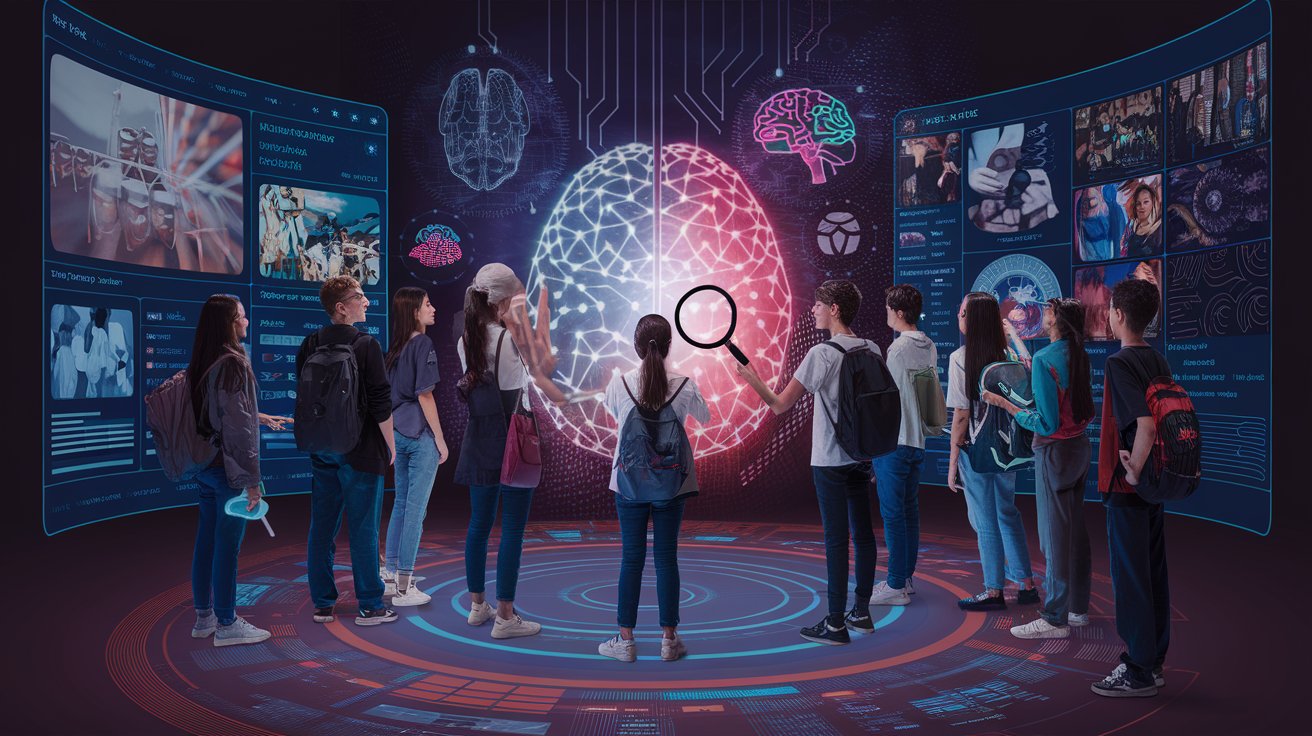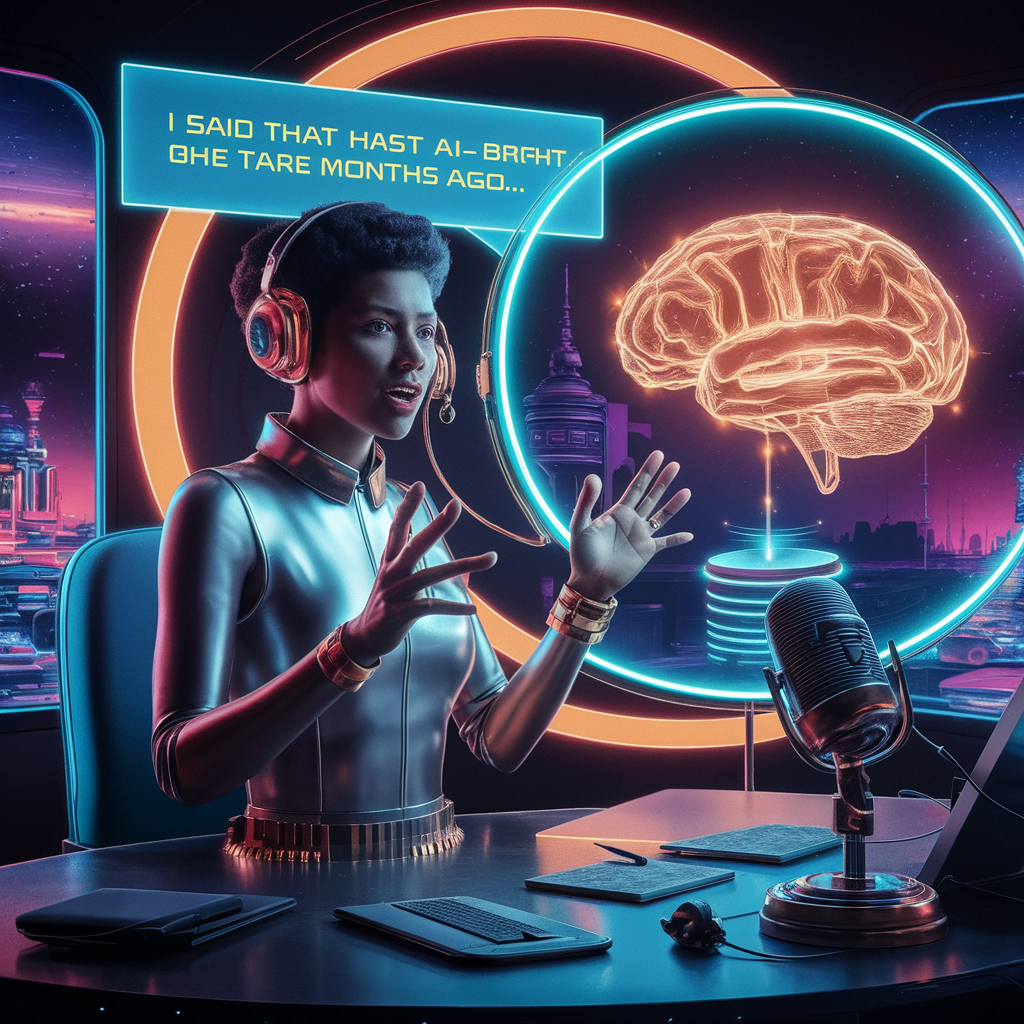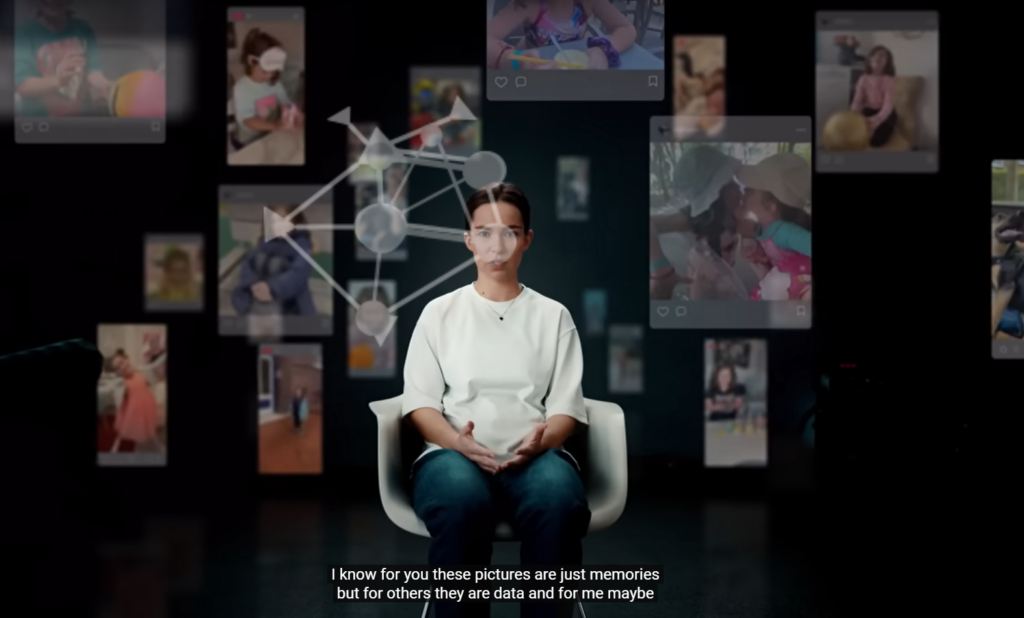This following article is an english version of my article in french “IA : exerçons le discernement des jeunes !” published on Icam website in 2024 May 21th , here: https://www.icam.fr/actualites/icam/ia-exercons-le-discernement-des-jeunes/
This month, the European Parliament adopted the AI Act in a plenary session. This text aims to better regulate the riskiest practices, prohibit certain uses, and generally promote innovation within the European Union. This is a significant issue with the advent of multimodal AIs, which can be unsettling as they intertwine numerous data sources such as images, audio, video, and text. The youngest are particularly exposed, as they are eager to learn through AI. By guiding them, we could enable them to gain meaningful development experiences. Let’s exercise their discernment skills!
From Unimodal AI to Multimodal AI: Developments Are Accelerating
The landscape is changing. While we previously had unimodal AI tools that only accepted one type of input, such as text, today we are seeing a rise in multimodal AIs from tech giants. These platforms can handle all types of data: images, text, audio, and video simultaneously. We can send them an image, for example, and ask what they understand from it, how they can describe it, or even request modifications to a face or object. In response, in just a few seconds, we receive a descriptive text and, most notably, a modified image!
Going even further, if we submit a business plan, these tools are now able to analyze it and assess its quality!
As was the case with the launch of ChatGPT by OpenAI, based on text input, many questions arose, with reactions ranging from enthusiasm to skepticism and concerns about the emergence of inappropriate or false content, for example. However, last December, Ipsos conducted a study for Sopra Steria on generative AI. The results are clear: more than half of the respondents are familiar with this AI tool and have already used it (based on a sample of 1,000 people aged 18 and over, representing the French metropolitan population). This predicts a rise in multimodal platforms, which are more complex to understand due to their ability to integrate a multitude of different data sources.
Young People Need to Be Made Aware Quickly
In the same study, it was confirmed that ChatGPT is primarily known by younger people, with 72% of those under 35 being familiar with the tool. Minors and young adults are highly exposed. In January 2023, the Mozilla Foundation stated, based on a survey conducted in several countries including France, that by the age of 11, nearly nine out of ten children are already using the internet. Even as adults, we are not sufficiently informed or trained in the proper use of these tools. Imagine the situation for younger users! We must use these tools with caution, as they are not creative but rather repetitive of human tasks.
Today, young people truly have an assistant in their hands with artificial intelligence. It is indeed a bot with which they can interact, and which can provide explanations on everything. However, our brains need to be exercised, just like a muscle. The risk is that they will no longer feel the need to think, as this assistant is doing it for them!
So, how do we guide them to preserve and develop their thinking? By familiarizing ourselves, as parents and educators, with these tools, understanding how they work, and supervising their use. Our own discernment skills will thus become more valuable. But above all, the goal is to guide them to enhance their own sense of discernment and intellectual resilience. These are essential assets for making free, informed, and fair choices in their eyes.
The Stakes Are Even Higher as These AI Platforms Begin to Understand Our Emotions
The next step in multimodal AI, which tech giants are actively working on, is to consider our emotions. In fact, some software is already tracking our behaviors: our faces, our hands, our movements more broadly. By integrating this new data, the responses provided by these tools will become more personalized for each user. This could further heighten concerns about their accuracy or impartiality.
Nevertheless, the opportunities offered by AI are undeniable. It can significantly enhance our knowledge and promote better understanding, in addition to encouraging us to conduct a fine analysis of the data it provides. For younger generations, AI acts as an accelerator of experiences, provided they are able to absorb information with discernment.




